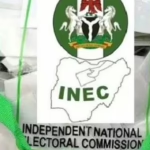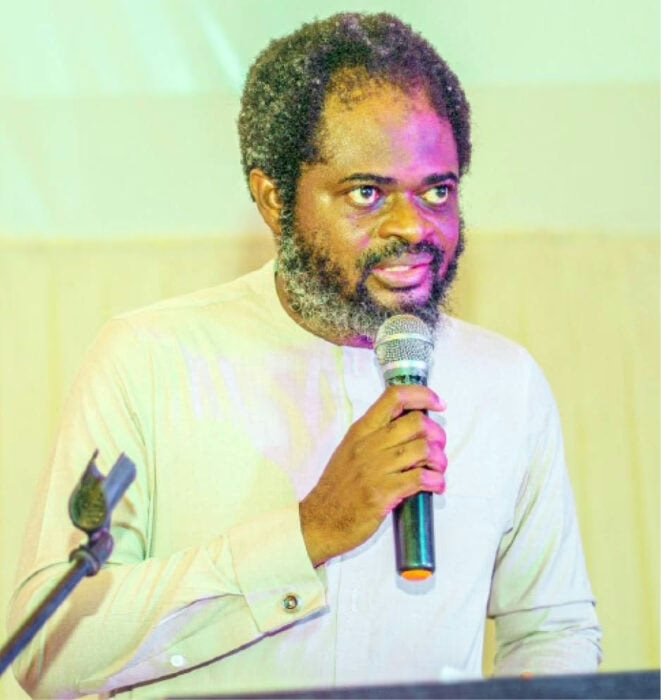In August alone, more than 7,000 individuals registered at various National Library branches nationwide. What factors are fueling this remarkable increase in patronage?
The primary driver behind this surge is heightened public awareness. People now have a clearer understanding of the extensive services and resources we offer. Visitors often find exactly what they need, dispelling previous misconceptions. Historically, many believed our collections consisted solely of outdated books. Upon visiting, some would express disappointment and leave, unaware that our holdings include a vast array of contemporary publications. Contrary to popular belief, the National Library does not discard materials based on age. As the country’s official repository, we preserve every document produced within Nigeria or by Nigerians, regardless of whether it is 50 or 50,000 years old. This commitment ensures that older works remain accessible alongside the latest additions. Since the appointment of our new Chief Executive, who introduced eight strategic policy initiatives, public understanding of the Library’s role has deepened, significantly contributing to the recent rise in user engagement.
What progress has been made in digitizing the Library’s collections?
To date, we have digitized over 6,500 items, with the project actively continuing. Completed digital materials are accessible through our website, allowing users to explore the National Repository remotely from home, office, or anywhere with internet access by visiting (nln.gov.ng). The digitization process involves several stages: scanning, enhancing image quality, cleaning up the files, and finally uploading them online. While some resources are already available, others remain in various phases of processing. Nonetheless, we are steadily advancing, and Nigerians can experience the benefits of this initiative by browsing our digital archives.
Could you provide an update on the leadership development and grassroots literacy initiatives?
Our outreach efforts are clearly resonating with the public, as evidenced by increased engagement both onsite and online. The leadership promotion and literacy campaigns have successfully raised awareness and expanded our reach. For instance, with our assistance, more than 30 schools nationwide have launched book clubs, supported by the provision of reading materials. Additionally, we have established upwards of 70 literacy centers, primarily in remote rural communities rather than just urban areas. These centers offer instruction in both local dialects and English. During a recent visit to a literacy center in the Federal Capital Territory, inaugurated in 2022, a local chief shared how the program enabled him to learn English and inspired him to pursue formal education. The fact that over 70 individuals regularly attend these rural centers purely for the love of reading, without any financial incentives, underscores the genuine impact of the program.
How is the Library addressing staff welfare concerns?
Our welfare challenges mirror those faced by many federal institutions, as we rely on government funding and do not generate independent revenue. Despite these constraints, we prioritize employee well-being by offering healthcare services through an onsite clinic staffed by a nurse. Employees can receive first aid, rest when unwell, and participate in health education sessions. For example, this month we hosted a medical professional to deliver a health awareness talk. Transportation support is also provided via staff buses, which facilitate commuting and are occasionally used for social events such as weddings and funerals. Another key welfare improvement is the reduction of manual workload through automation. One of the Chief Executive’s eight policy goals was to modernize library operations. With allocated funding, we acquired specialized library software to develop the Online Public Access Catalog (OPAC). This system allows users to search for materials digitally-via computer or mobile device-eliminating the need to sift through physical card catalogs. OPAC indicates the availability and location of books across branches, enhancing user convenience.
What is the current status of the proposed amendments to the National Library’s governing laws?
A draft amendment bill was prepared and submitted to the National Assembly, which completed the legislative review process. The bill awaited the President’s signature; however, the President was unable to sign it before the end of his term. Consequently, the approval process must restart with the incoming administration. The matter remains under consideration by the National Assembly, and we are optimistic about a favorable resolution. Meanwhile, the delay has not impeded our operations or fulfillment of our mandate. Our users have adapted well to the existing framework, facilitating effective collaboration and service delivery. Although an updated legal framework would enhance our capabilities, we continue to operate efficiently and remain dedicated to serving the Nigerian public.






















